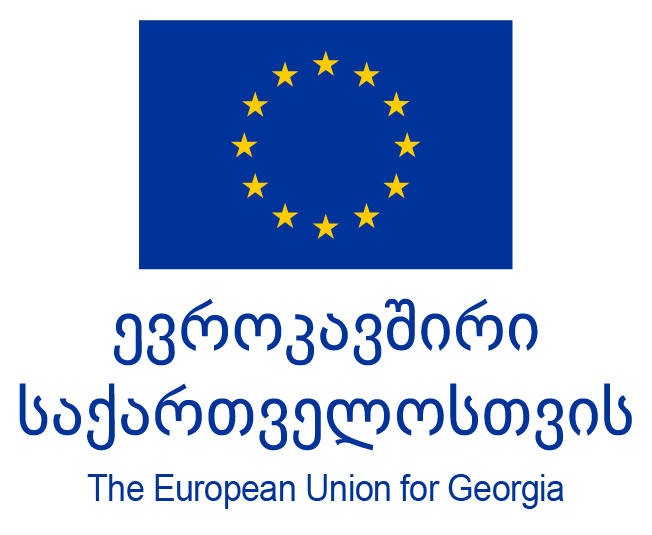


IDFI, with the support of the European Union (EU), is implementing the project – “Monitoring Covid-19 related public spending and human rights protection during the state of emergency and after”. One of the main goals of the project is to monitor the implementation of the Georgian Government’s Anti-crisis Plan and the effectiveness of the state programs enacted within its framework. The following report contains the results of the monitoring of the program to supply farmers with agro-diesel.
In accordance with the agricultural Anti-crisis Plan, the program to supply farmers with agro-diesel was initiated on May 20, 2020. Specifically, the program encompasses the selling of diesel fuel to the individuals and legal entities owning plots of land between 0.25 and 100 hectares of agricultural designation that are registered with the National Agency of the Public Registry at a discounted price. According to the agricultural Anti-crisis Plan, within the framework of this program, the farmers would be able to purchase the diesel necessary for agro-technical work for GEL 1 less than the market price. Per the calculations of the Georgian Government, approximately 200,000 farmers will benefit from the program and achieve savings of nearly GEL 40,000 million.
The goal of the following study is to evaluate the effectiveness of the state program for assistance with agro-diesel after nearly 6 months following its initiation. To this purpose, the study analyzed the degree of correspondence of the results of this program envisaged by the Anti-crisis Plan with actual observed indicators.
- Within the scope of the agro-diesel state program, as of 30 November 2020, discount cards for 30,854,470 liters of diesel fuel have been handed out, while the beneficiaries have only acquired 10,225,460 liters (33.1%).
- The possibility of the highest discount for farmers was provided for 10 days after the program was enacted, and instead of GEL 1, it comprised 74 tetri.
- After June 1, 2020, the discount for diesel fuel varied between 25 tetri and 65 tetri.
- Within the framework of the program, on average, beneficiaries purchased diesel with a 45-tetri discount at gas stations and 55-tetri discount at oil depots, instead of the GEL 1 envisaged by the plan.
- The significant variation in the values of the discount in different periods of the implementation of the agro-diesel state program is explained by the imbalance between the market prices and the tender prices of the supplier company for the program, Ltd. “SOCAR Georgia Petroleum”.
- As of November 30, 2020, the value of the benefits to the farmers constituted approximately GEL 4.6 million. One month before the end of the program, this value is 9 times smaller than the ultimate target of the program (40,000 million benefit to the farmers).
- The program envisioned providing assistance to nearly 200,000 farmers, although only 80,675 persons expressed interest in taking advantage of the proposed discount at the I stage of the program, 37,156 at the II stage, and only 6,021 at the III stage (until November 30).
The circumstances related to the low indicators of engagement by farmers in the program discussed in the study give rise to significant questions regarding the effectiveness of the program in general. One of the major reasons for the low interest of the farmers toward this program could be the fact that the primary offering of the program – “1 liter of diesel for GEL 1 less” – did not correspond to the real values of the discount.
On one hand, the results shown 1 month prior to the end of the program give a clear indication of the existing problems with the planning and implementation of the program. On the other hand, they also give rise to doubts regarding the possibility of an attempt by the government to artificially generate inflated expectations for the scope and effectiveness of the program among the public in the pre-election period. These conclusions are solidified by the way the Georgian government chose to present the numbers indicating the results of the program, which further supports the rise of unrealistic perceptions about the success of the program among the general population.
IDFI posits that these kinds of promises that do not align with reality give rise to incorrect expectations among the farmers, which causes significant harm to the goals of supporting the production of agricultural goods as well as the level of trust in any similar programs.
/public/upload/EU/agro_eng_onepager.pdf
___

This material was prepared by the Institute for Development of Freedom of Information (IDFI) supported by the European Union (EU). IDFI is fully responsible for the content of the document. The content may not reflect the opinion of the European Union.